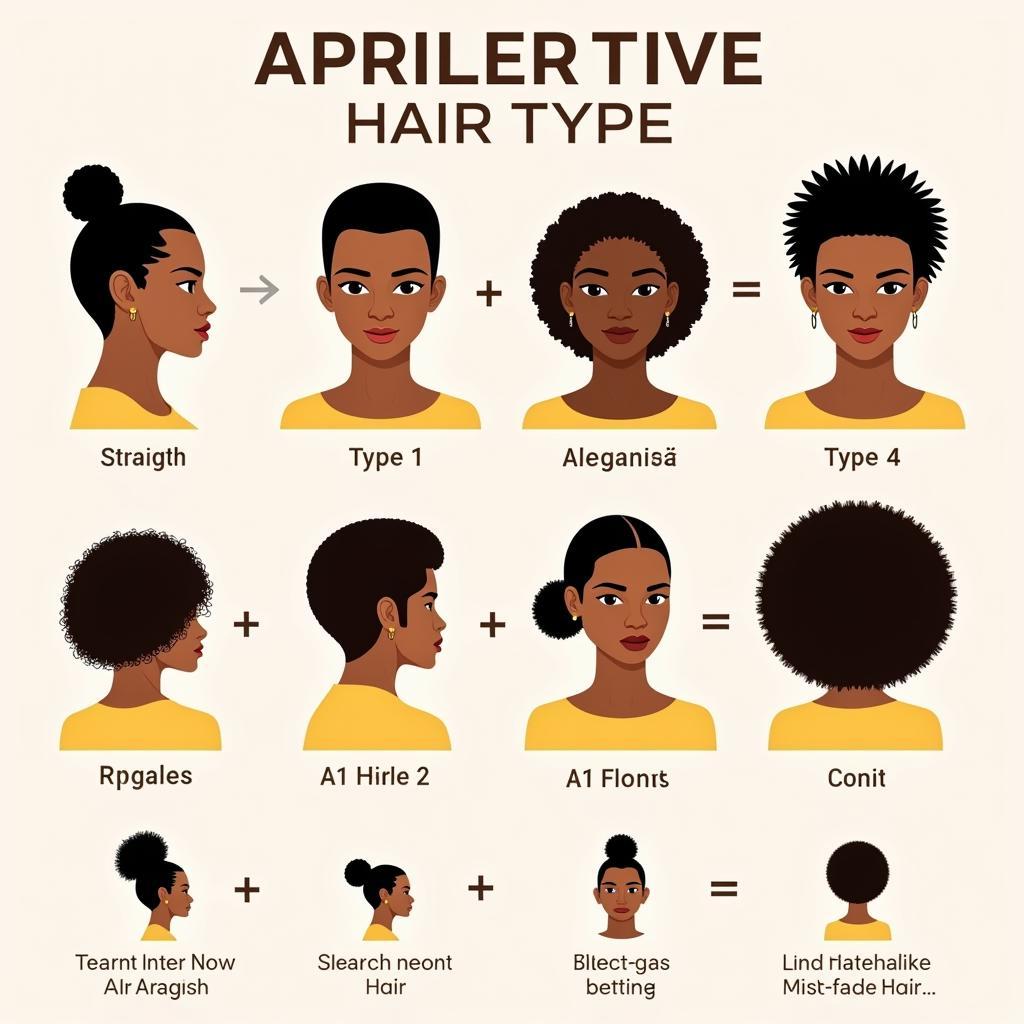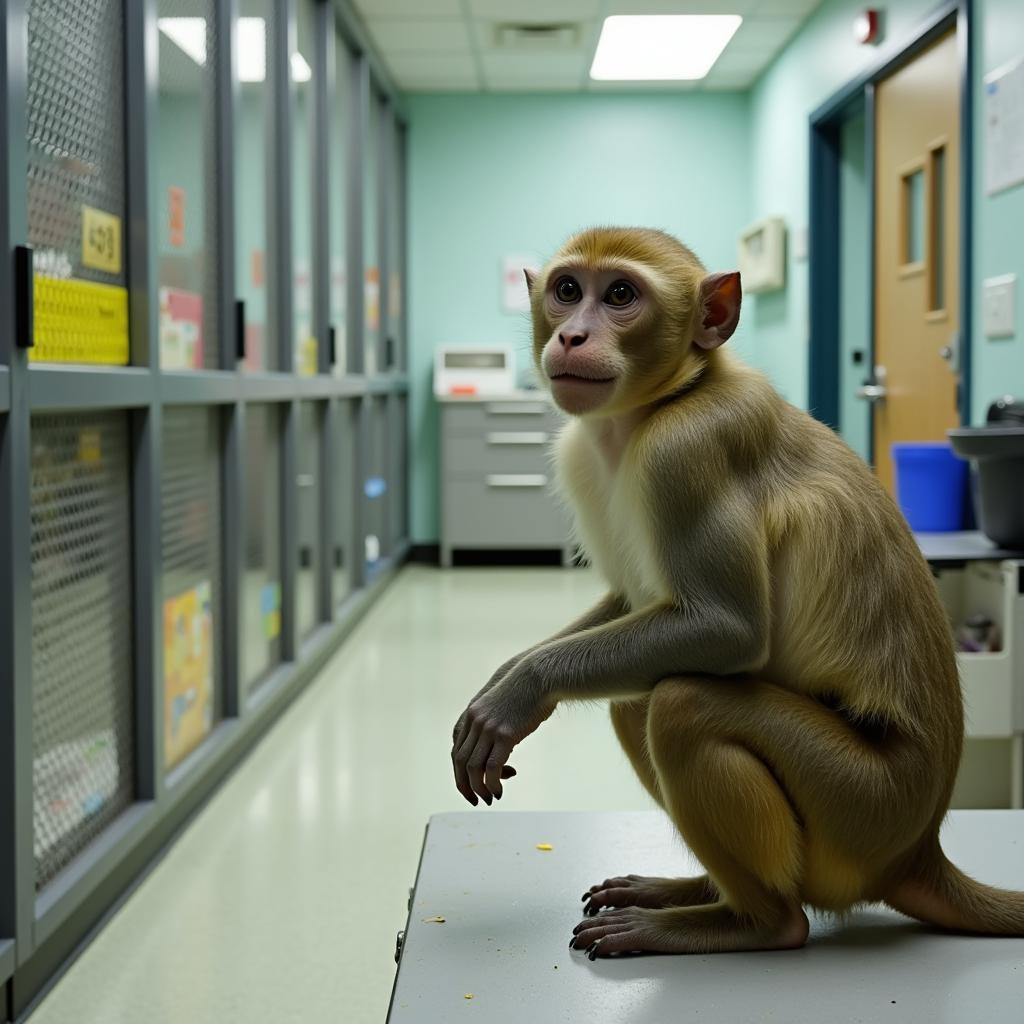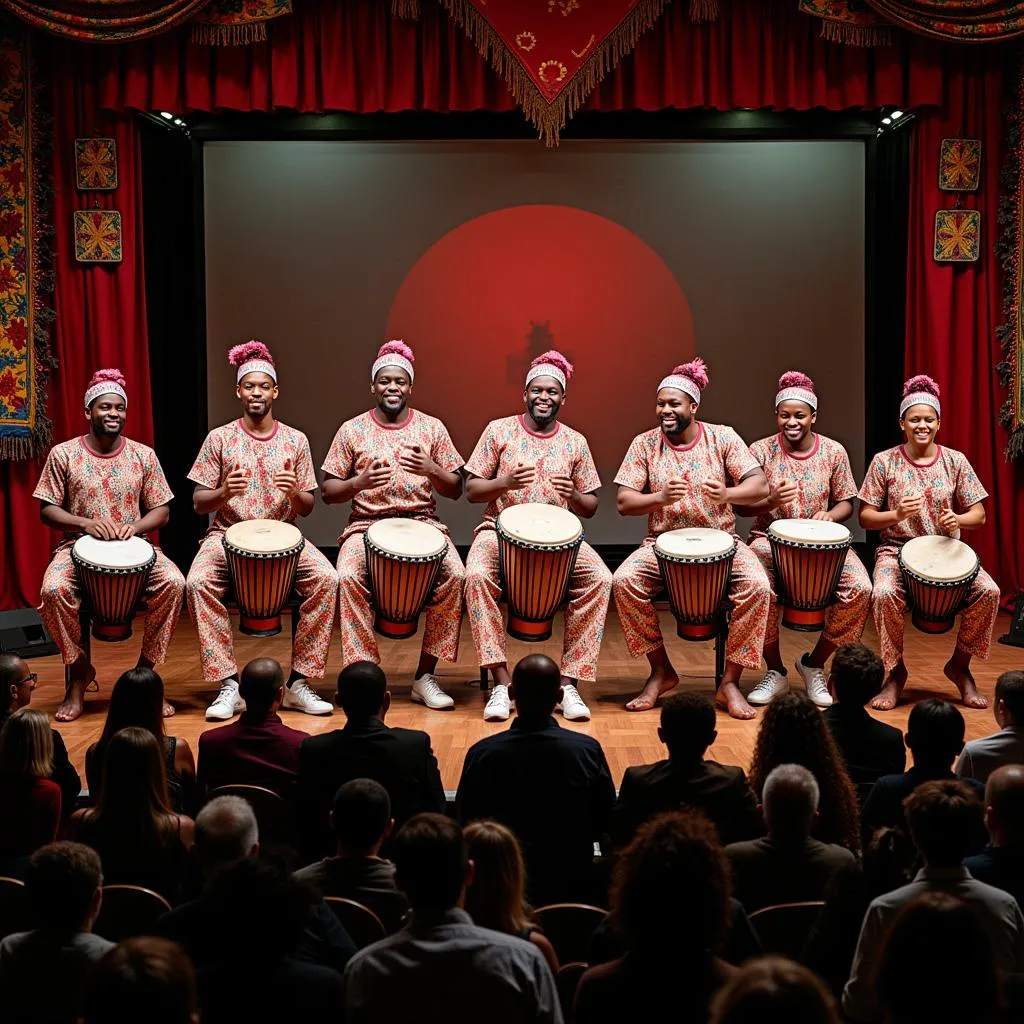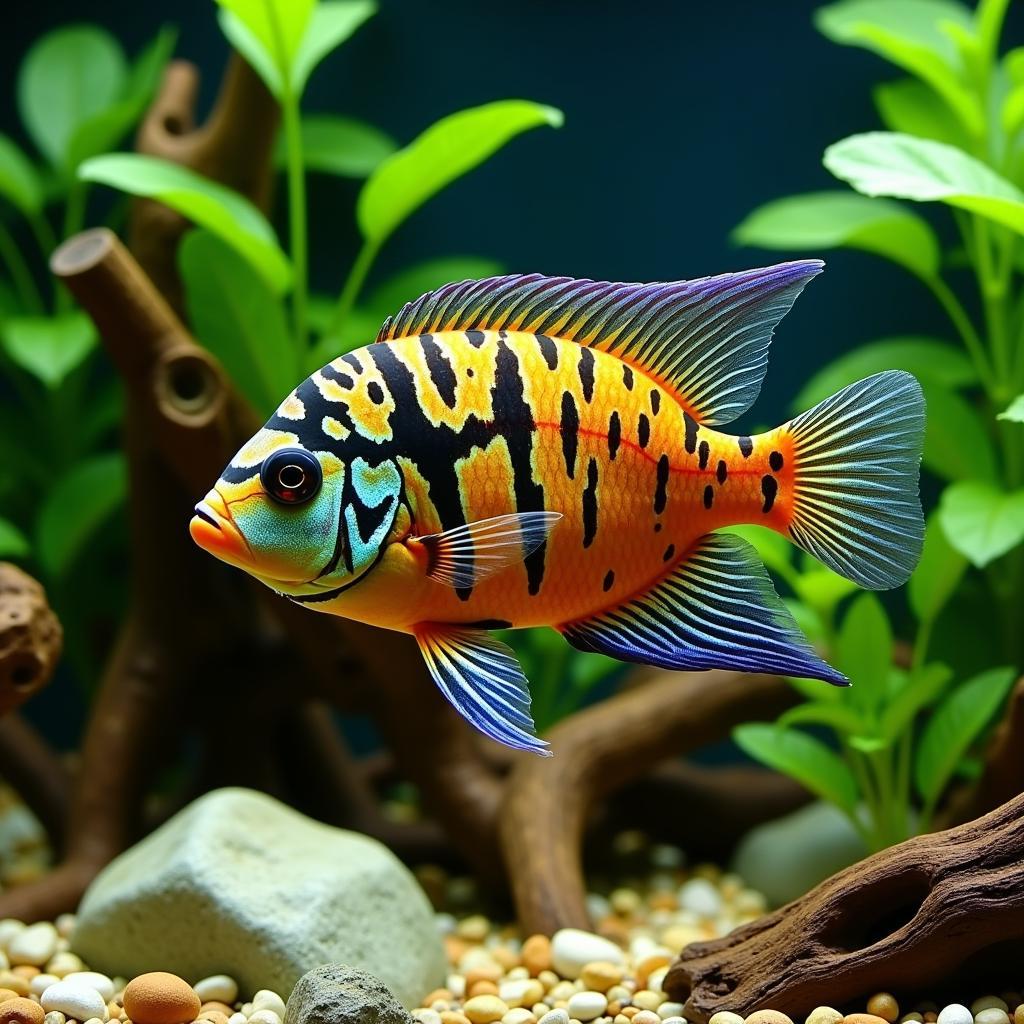Unveiling the African Barkless Dog: The Unique Basenji
The African Barkless Dog, more commonly known as the Basenji, is a fascinating breed with a rich history and unique characteristics. Originating from Central Africa, the Basenji has captivated dog lovers worldwide with its unusual vocalizations, striking appearance, and independent nature. Let’s delve into the world of this intriguing canine.
The Basenji has been a companion to humans for centuries, evident in ancient Egyptian artwork depicting dogs resembling the breed. These dogs were prized hunters and companions, assisting their human counterparts in tracking game and providing companionship. Learn more about various African dog breeds list.
A Dog That Doesn’t Bark: Understanding the Basenji’s Yodel
One of the most distinctive features of the African barkless dog is its inability to bark. This doesn’t mean they are silent; instead, they produce a unique yodeling sound, sometimes described as a chortle or a barroo. This peculiar vocalization is due to the shape of their larynx.
Why don’t Basenjis bark? Their larynx is flatter than that of other dog breeds, preventing the typical barking sound. However, they communicate effectively through other means, including their distinctive yodel, body language, and subtle vocalizations like growls and whines. Are you fascinated by these unique African Basenji puppies?
The History and Origin of the African Barkless Dog
The Basenji’s roots trace back to Central Africa, particularly the Democratic Republic of Congo. They were originally used by tribes for hunting small game and flushing animals out of dense vegetation. Their silent nature made them invaluable hunting companions. You can read more about this fascinating breed here: African dog breeds Basenji.
The breed’s arrival in Europe and North America occurred in the early 20th century. Their unique qualities quickly garnered attention, establishing the Basenji as a beloved companion animal.
Caring for an African Barkless Dog: Tips and Considerations
Basenjis are intelligent, independent, and energetic dogs. They require consistent training and plenty of exercise to thrive. Their short coat requires minimal grooming, but their independent nature necessitates early socialization and positive reinforcement training. Thinking about getting one? Learn about African Basenji puppies.
The Basenji’s Temperament and Personality
Known for their intelligence and curiosity, Basenjis are also independent thinkers. They are often described as cat-like in their grooming habits and can be reserved with strangers. Early socialization is crucial to ensure they develop into well-adjusted companions. Discover more about the African dog Basenji.
“Basenjis are highly intelligent and require mental stimulation. Puzzle toys and interactive games are essential to keep them engaged and prevent boredom,” says Dr. Anika Patel, a veterinarian specializing in canine behavior.
What to Know Before Getting an African Barkless Dog
Potential owners should be prepared for the Basenji’s unique personality and needs. Their intelligence and independent nature require experienced owners who can provide consistent training and socialization. Understanding their specific needs is crucial for a harmonious relationship. Find information regarding African dog sex.
“It’s important to understand that Basenjis are not typical barkers. Their yodeling is a unique form of communication that owners will come to appreciate,” explains Dr. Samuel Mwangi, a renowned expert on African dog breeds.
In conclusion, the African barkless dog, the Basenji, is a remarkable breed with a captivating history and unique characteristics. Their inability to bark, combined with their intelligence and independent spirit, makes them a truly special companion for the right owner. Remember to research thoroughly before welcoming a Basenji into your home to ensure you can provide the care and environment they need to thrive.
FAQ
- Do Basenjis really not bark? No, they yodel instead.
- Are Basenjis good family dogs? They can be, with proper training and socialization.
- How much exercise does a Basenji need? Plenty of daily exercise is essential.
- Are Basenjis easy to train? They can be challenging due to their independent nature.
- What is the lifespan of a Basenji? Typically, 12-16 years.
- Do Basenjis shed a lot? No, they are relatively low shedders.
- Are Basenjis good with children? Early socialization is crucial for a positive relationship.
Need more assistance? Contact us! Phone: +255768904061, Email: kaka.mag@gmail.com Or visit us: Mbarali DC Mawindi, Kangaga, Tanzania. We have a 24/7 customer service team.




